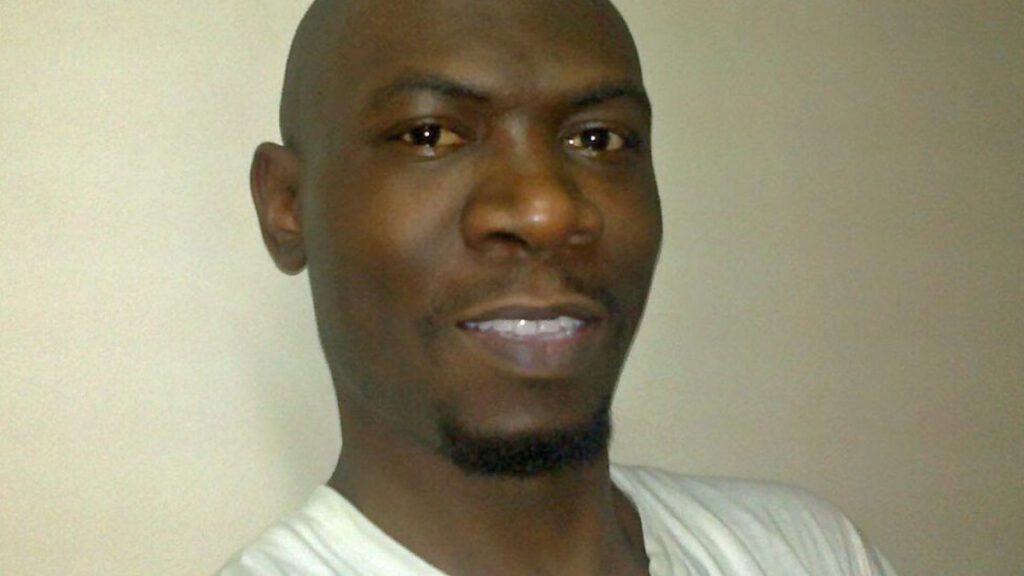A Kenyan man, Steve Abdukareem Munyakho, who had been on death row in Saudi Arabia for over a decade, has officially been released, bringing an emotional end to a 13-year ordeal marked by prayer, advocacy, and a high-stakes international intervention.
Munyakho, who was convicted of murder following a fatal altercation with a colleague in 2011, walked free on Monday at 10 am Saudi time, according to a statement from Foreign Affairs Principal Secretary Korir Sing’oei.
“Our Mission in Riyadh has confirmed that Steve performed his Umra (minor pilgrimage) upon release,” said PS Sing’oei. “We shall provide further details regarding his arrival in the country. I commend all who have offered their support towards securing this outcome.”
Munyakho’s release follows the successful payment of diya—blood money under Shariah law—amounting to $1 million (approximately Ksh130 million). The amount was negotiated and raised through coordinated efforts by the Muslim World League, the Supreme Council of Kenya Muslims (SUPKEM), and other partners, including the Kenyan government and religious leaders.
From Manslaughter to Death Row
The case began in 2011, when Munyakho, who had been working in Saudi Arabia, was involved in a physical confrontation that tragically resulted in the death of a colleague. He was initially charged with manslaughter, but the charges were later elevated to murder, which in Saudi Arabia carries the death penalty under Islamic (Shariah) law.
Under Shariah, diya—or blood money—is a legally recognised form of restitution paid to the victim’s family in exchange for a reduction or annulment of a death sentence.
A Mother’s Long Struggle
His mother, Dorothy Kweyu, a veteran Kenyan journalist, had spent over a decade appealing to authorities, NGOs, and religious institutions for help securing her son’s release. Her persistence bore fruit when SUPKEM began lobbying Saudi stakeholders following her personal outreach.
SUPKEM chairman Hassan ole Naado confirmed that Munyakho’s case received special consideration, noting that both men involved in the fight were friends and that the incident lacked premeditated intent.
“It was observed that Steve never intended to kill the victim. They were, in fact, good friends—save for the very unfortunate fight that led to the victim’s death,” Ole Naado said.
Religious and Legal Foundations
Islamic jurisprudence allows for diya to be paid in cases of murder, injury, or property damage, and a full pardon may be granted if the victim’s family accepts compensation.
The Quran permits this form of restitution, and Islamic teachings cite that the price of diyah for murder was historically 100 camels, now converted into cash in modern legal systems. Today, it is a recognised practice in around 20 countries, including Saudi Arabia, Sudan, and parts of Nigeria.
The payment of diya led to commutation of Munyakho’s sentence, allowing his eventual release.
Next Steps
While Munyakho’s release has been confirmed, the Ministry of Foreign Affairs is yet to announce the exact date of his return to Kenya. However, PS Sing’oei assured the public that further details would be communicated soon.

